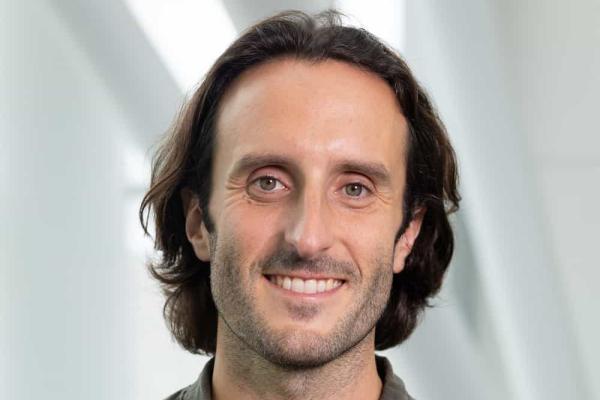

"Cornell alumni are generous with their time and efforts to assist students, to answer questions from students, or connect them to people and places."
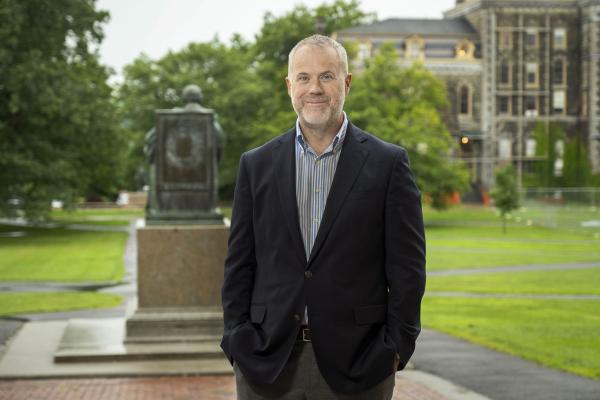
Peter John Loewen says he's excited to support faculty in their research, meet students and showcase the value of a liberal arts education.
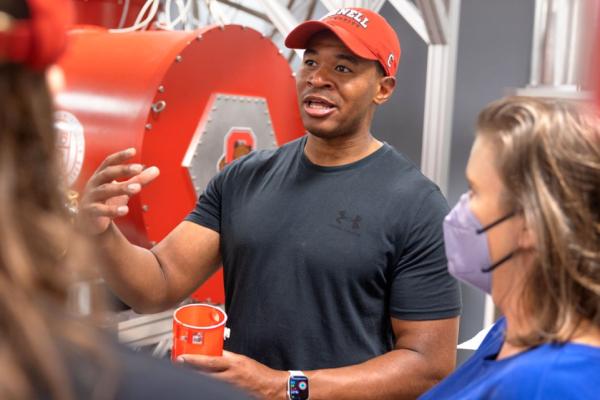
A group of military service members and veterans spent two weeks at Cornell as part of the Warrior-Scholar Project, which helps participants build skills and navigate transitions to higher education.
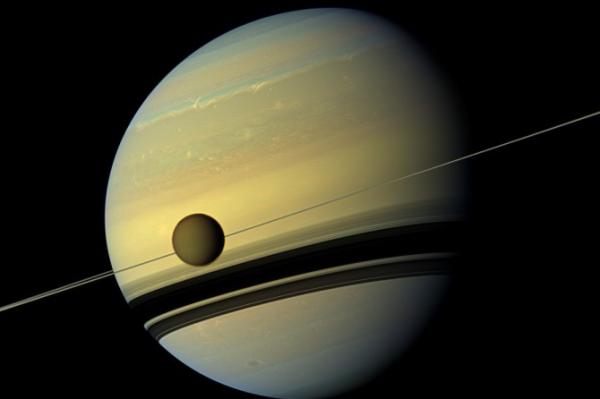 striped horizontally with gray, blue and yellow hues. A small, dark ball (a moon) the bottom" />
striped horizontally with gray, blue and yellow hues. A small, dark ball (a moon) the bottom" />
Using data from precision radar experiments, a Cornell-led research team analyzed and estimated the composition and roughness of sea surfaces on Titan.
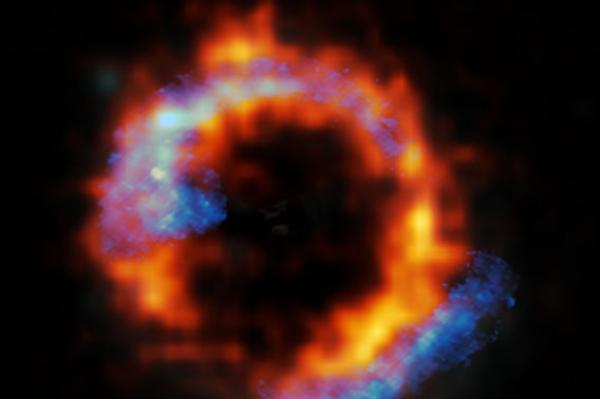
An international research team discovered that the gas in a Hyper Luminous Infrared Galaxy was rotating in an organized fashion, rather than in the chaotic way expected after a galactic collision –– a surprising result.
With these new appointments, the number of A&S faculty appointed to endowed professorships since fall 2018 has reached 76.
Together the Department of Astronomy and Cornell Center for Astrophysics and Planetary Science represent one of the world’s leading institutes for space science with over 110 active researchers. Research emphases include cosmology, solar system exploration, exoplanet science, and fundamental astrophysics. Graduate students, early career researchers and undergraduates, are actively engaged in current NASA missions, NSF consortia, and CCAT-Prime/FYST. The department and center also run an extensive and robust outreach program to the broader community.
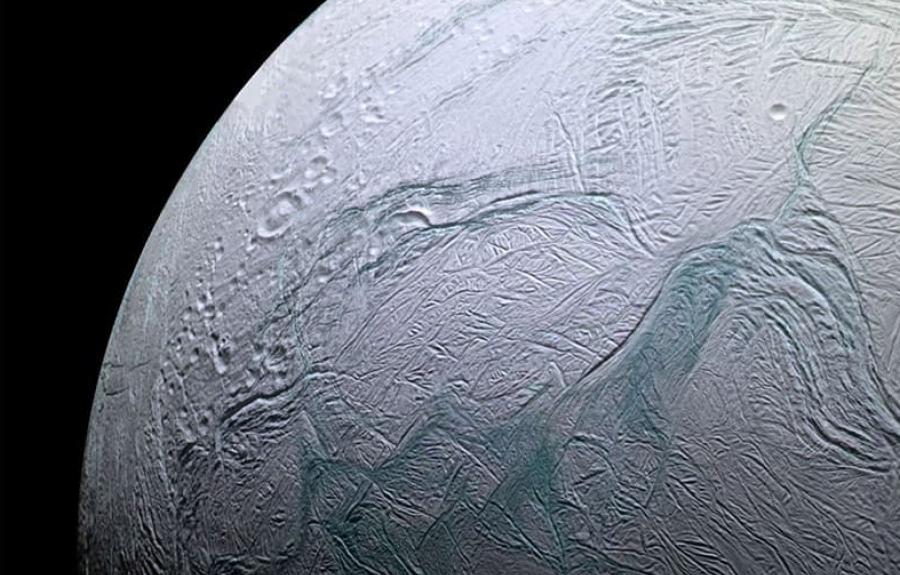
The Department of Astronomy is a leading center of astrophysics and planetary science research.
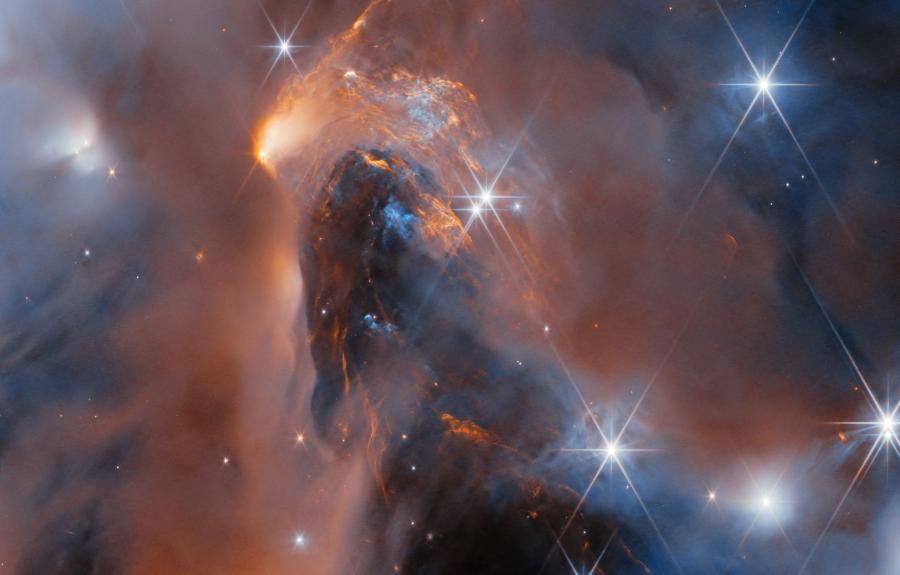
A team led by Adam Langeveld, an Assistant Research Scientist in the Department of Physics and Astronomy at Johns Hopkins University (JHU), and Visiting Scholar in Cornell's Department of Astronomy, announced the discovery of six rogue planet candidates in an unlikely spot. The planets, were spotted during the James Webb Telescope's deepest survey of the young nebula NGC 1333, a star-forming cluster about a thousand light-years away in the Perseus constellation. Universe Today, 8/29/24
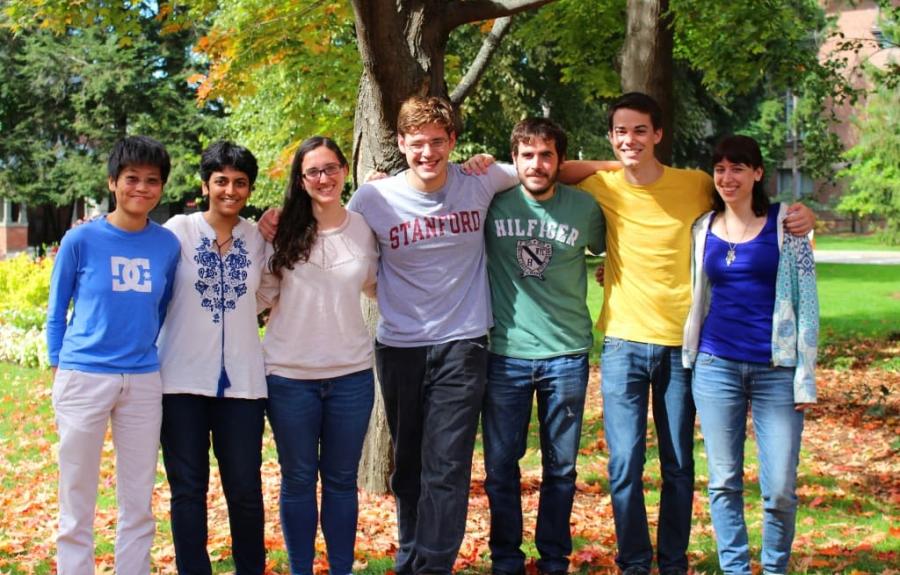
The Astronomy Major at Cornell University is designed to be flexible so that it can be customized to the needs of each student.
Astronomy offers a wide variety of world-class research opportunities in astronomy, astrophysics and space science, with strong multidisciplinary connections, and a friendly and supportive atmosphere.
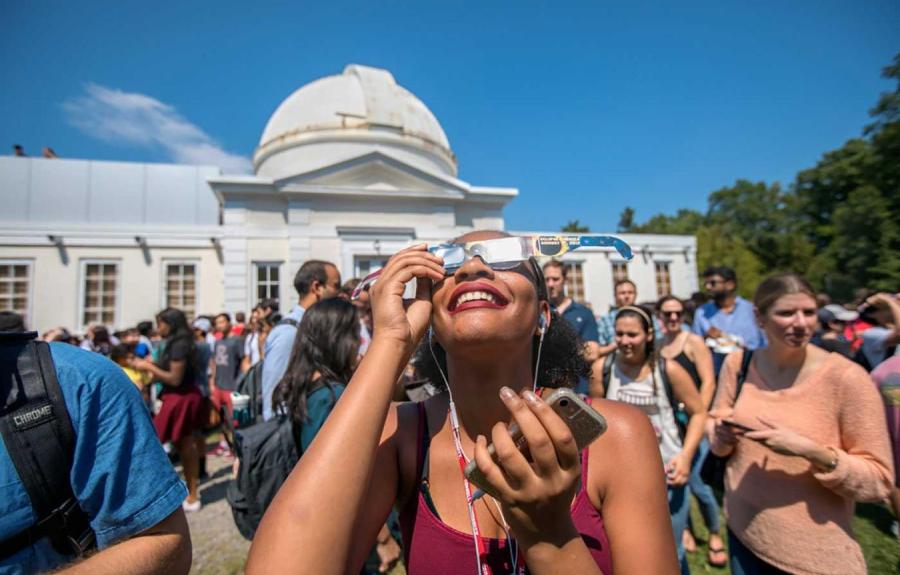
In the spirit of the renowned Cornell Professor Carl Sagan, the Department of Astronomy reaches beyond campus in numerous ways. The Spacecraft Planetary Image Facility (SPIF) is a repository of spacecraft data, a facilitator of research, and a hub for PreK-12 education and public outreach activities. Ask an Astronomer has been answering questions from the curious since 1997. The Cornell Astronomical Society conducts viewing nights at the Fuertes Observatory and offers educational programing to the public.